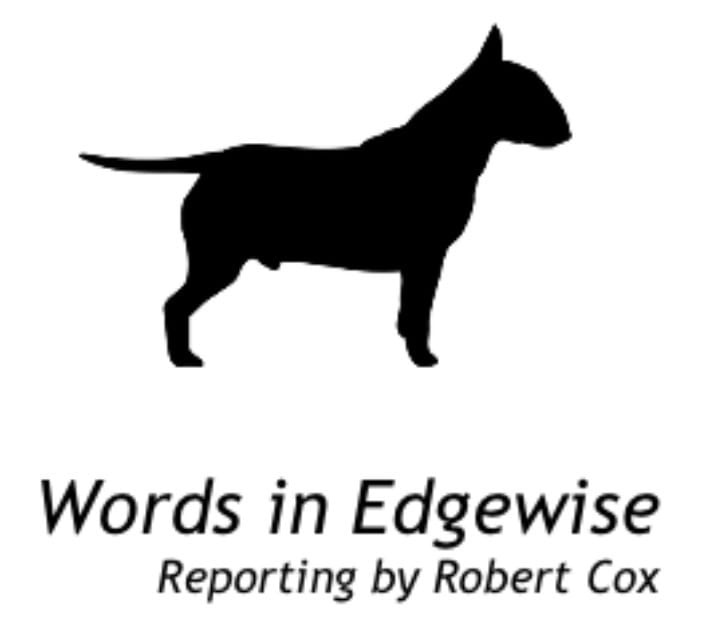On Blocking or Deleting Comments

I encourage (and respond to) comments from paid subscribers on Words in Edgewise, my Substack site. If you support my work financially, I want to reciprocate by supporting you through making myself available to you.
For those who do not support my work financially, why would I have interest in what you have to say? Short answer: I do not.
Words in Edgewise is a reader-supported publication. To comment on my posts, consider becoming a paid subscriber.
In recent years, I disabled WordPress comments on TalkoftheSound.com.
Twitter does not offer comments per se but I can (and do) mute some profiles from time to time. Mostly I just ignore replies.
As for Facebook or Instagram, neither allow disabling comments globally. I can hide/mute comments with certain keywords including profanity which is preferable to deleting comments because the commenter does not know their comments are hidden to all but them and their friends. Why make them aware they cannot be read by my readers? Let them waste their time. For the rest, I periodically review posts and delete comments. Meta has introduced a Business Suite app for professionals that streamlines this process for business owners like me.
My ultimate goal is zero free comments; 100% paid subscriber comments.
But what about Free Speech?
To borrow a phrase, your right to post comments ends at the bridge of the other fella’s nose.
Your right to say or publish what you want on your Facebook or Instagram or Twitter profile does not extend to my Facebook Page or Instagram or Twitter profile. This is true generally speaking but it is particularly the case with spammish or trollish or abusive or idiotic comments. But, some might ask, who decides if a comment is spammish or trollish or abusive or idiotic? On my Facebook Page or Instagram or Twitter profile that would be me. On yours, that would be you.
And then there are those people, often using pseudonyms, who operate under the rather odd belief that, unable to build an audience of their own (usually because they are jerks or, worse, uninteresting and have nothing of value to offer to a public discourse), they ought to be allowed to amplify their shrill, tinny voice by posting comments on someone else’s online platforms built up through someone else’s hard work. That is not free speech but rather misappropriation and self-aggrandizement.
Having taken steps over the past year to create friction in commenting — requiring paid substack subscriptions, muting or blocking where possible and deleting when necessary — I am happy to report a significant decline in unwelcome comments and a marked increase in welcome comments. The ratio between the two is good, and getting better.
I do get ranked lower by Meta (Facebook and Instagram) in their so-called engagement metrics but that is fine by me. I do not want to engage with anyone crap-posting on my online platforms. Good riddance to them.
I no longer have to give a thought to why there are so many socially impotent people who feel the need to rush to Facebook (and to a lesser extent IG) to scrawl out every brain fart they manage to transmit from their feeble, often hostile, minds to their keyboards then admire their defecation as if they just painted the Sistine Chapel.
It has been wonderful to see how charging $7 a month for subscription, joining a community to engage with me and other readers on Words in Edgewise has driven away so many people I never wanted to hear from in the first place and left only those I do want to hear from — thoughtful, intelligent people who support my work financially and have something of value to add to my Substack community.
I am working to build a readership community on Substack which includes paid subscriptions where only paid subscribers can post comments, ask questions, get answers, get special content. The goal is improving the quality of discourse.
You can read all about it here.




